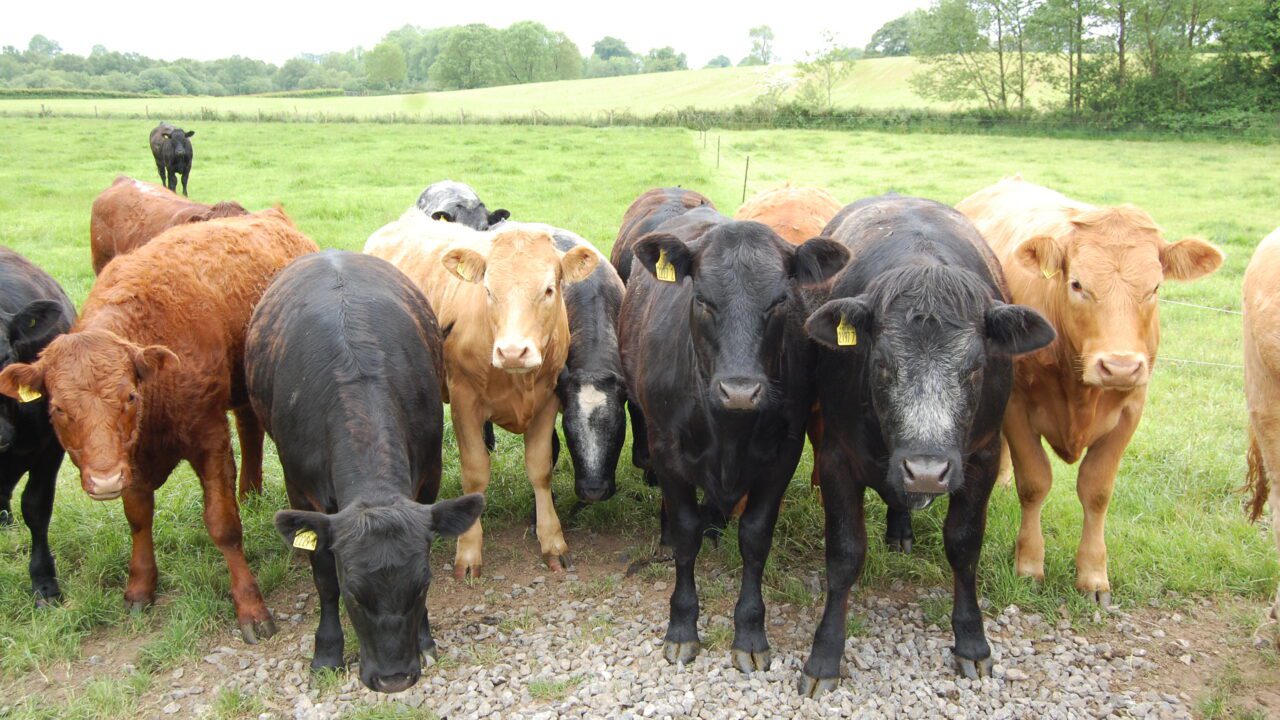NFU Scotland has called on the Scottish Government to recognise the crisis in the beef sector by immediately improving the Beef Efficiency Scheme (BES).
Writing to Cabinet Secretary for Rural Economy Fergus Ewing, NFUS called for the principles of BES to be built on and improved; for forthcoming BES meetings on beef breeding to be opened to all beef farmers (not just scheme members) and for carbon audits on beef farms to be fully funded.
Longer term, it has called on the Scottish Government to commit additional funding to the beef sector from 2021 to 2024 after BES has run its course.
NFU Scotland livestock chairman Charlie Adam said: “The small step that we have taken with the current Beef Efficiency Scheme can be translated into a giant leap if we choose to allocate further resource to developing a scheme that better delivers on productivity and for the environment.
It is well documented that, although the principles behind BES were sound, uptake was poorer than expected.
“However, the targeting of support to incentivise positive on-farm activity does ensure that productive beef farms continue to invest and improve in a fast-changing operating environment.
“For those 1,422 businesses participating in the current scheme, I am keen to see increased activity from the Scottish Government in ensuring that these farmers benefit from the information they have provided, both from the genetic sampling aspect of the scheme and the carbon auditing.
“The forthcoming BES meetings, which will focus on the role of breeding and genetics, can assist businesses in becoming more resilient to future market shocks and should be opened up to all beef producers – not just those in the scheme.”
Carbon audits
Adam explained that with BES participants required to undertake carbon audits, there has been a significant increase in applications to the Farm Advisory Service.
“By fully funding carbon audits, the Scottish Government would assist businesses in reducing their carbon footprint, bringing benefits to their bottom line,” he said.
While these measures would clearly not resolve the current beef market situation, they would make valuable knowledge more widely available to the sector, allowing beef businesses to help themselves.
“Going forward, the beef sector will continue to be economically challenged from 2021 to 2024 without additional targeted funding, before the Scottish Government’s planned introduction of a new agricultural policy for Scotland.
“Equally, there will continue to be pressure on the sector to demonstrate its commitment to reduce its carbon footprint.
“There’s clearly an opportunity in this period to deliver an interim support scheme, with improved administration, to beef farmers and crofters which enables the sector to deliver on Scotland’s climate change targets while supporting cashflow. Given the urgency of the climate change issue, we cannot stand still in this area.”

